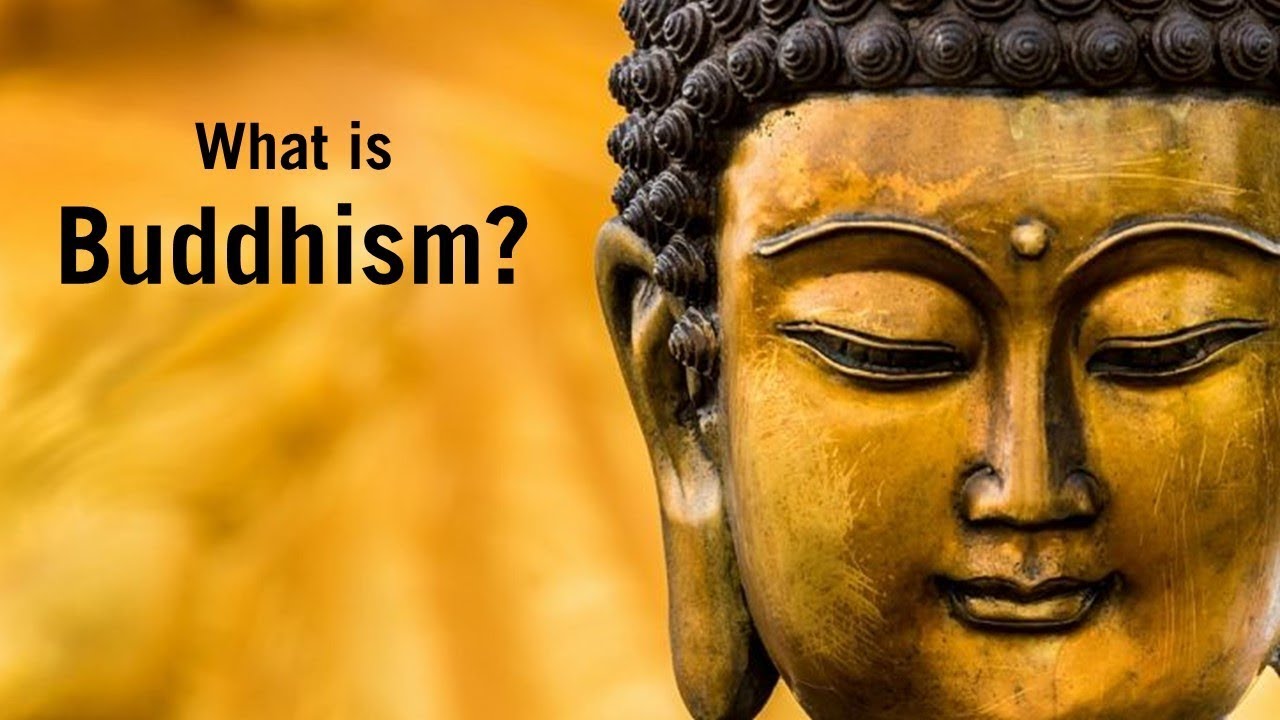Buddhism emerged after Hinduism and is intimately related to it. Its founder and main figure is the prince Siddhartha Gautama, a fifth century noble, who at the age of 35 attained enlightenment. Following this, he was given the title ‘Buddha’. Buddha is a Sanskrit word and it means awake, vigilant and enlightened. He preached for more than forty years, till he died at the age of eighty without leaving a single written text. His teachings rapidly disseminated throughout India and in neighboring regions like Nepal, Bangladesh, Ceylon (currently Sri Lanka) and China by some Indian emperors like Ashoka. But today, China and Tibbett are more developed in Buddhism than India. Buddhism is more spread in these countries than India.
More than a religion of mystical content, Buddhism is a philosophical religion. It is a code of conduct, a path to attain perfection and spiritual serenity. Its doctrine establishes the four noble truths that address human suffering: its nature, its causes, and the way to overcome it. The fourth truth is the path to eradicate feeling of suffering and pain. This path of eight steps leads the individual to spiritual serenity. It says that you can not attain meditation, you can attain the wisdom though. The individual who travels this path in its entirety can be called ‘Buddha’ because Prince Siddhartha is the Buddha but not the only one as there were other unknown Buddhas before him and there may be more in the future. Also Read-Amazing And Interesting Incident Of Swami Vivekananda’s Life
Although some sects worship Buddha as a deity, most Buddhists venerate him as the founder of Buddhism and guide who was enlightened by the universal energy. The universal energy that is something that does not have a beginning and will have no end. Buddhism rejects the idea of a God, who is the creator. The widespread atheism is the principal traits which distinguish it from other religions of the world.
The early followers of Buddha in the west were mainly that o Asian origins like immigrants, or agnostics and atheists with some kind of spiritual restlessness. With the exception of its Japanese variants, Buddhism did not have a notable presence in the Western countries. But it is evident that Buddhism’s rejection of suffering and its faith in the energies of the universe inspired many mentalist doctrines in the nineteenth and twentieth centuries. There are also branches of Buddhism called Hinayana and Mahayana.
In Buddhism, there is no God. Buddhism entertains a spiritual practice that is called meditation. According to Buddha, a state where the thoughts are seized is called meditation. And when this no thought moment arises completely to a practicing Buddhist, he is said to be enlightened. Buddha never talked about any heaven or hell, any life beyond death or rebirth. According to him, the past is done, the future is yet to be and this only moment what is called present is real. An enlightened Buddhist live in this only moment, the present.
Also Read-Amazing Meditation For Mental Health
What we are is the result of our thoughts;
It is based on our thoughts
and is made of our thoughts.

